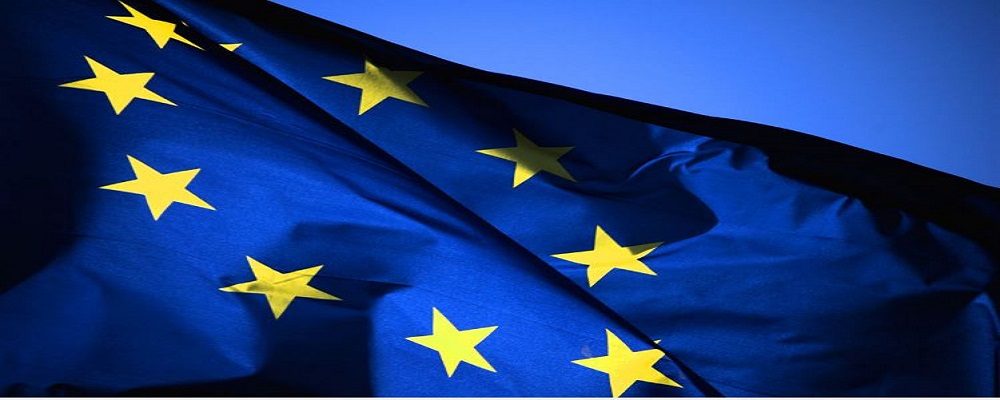The Commission has today proposed an EU budget of €168.3 billion for 2020 for a more competitive European economy, and for solidarity and security in the EU and beyond.
This budget is the seventh and last one under the current 2014-2020 long-term EU budget and operates within the limitations set therein. It is designed to optimise funding for existing programmes as well as new initiatives and to boost the European added value in line with the Juncker Commission’s priorities.
Günther H. Oettinger, European Commissioner for Budget and Human Resources, said: “The draft 2020 EU budget is the last budget proposal of the Juncker Commission. It seeks to continue supporting EU’s priorities- jobs, growth, young people, climate change, security and solidarity- and to prepare the transition to the next budgetary cycle. I invite the Council and the new Parliament to come to a timely agreement that would provide stability for the EU’s future.”
As per the Commission proposal, the money under the 2020 budget will go to the following priority areas: competitive economy and young people; and strengthening security and solidarity in the EU, climate change and beyond.
21% of the overall proposed budget for 2020 will go to tackle climate change. This aligns with the ambitious target of spending 20% of EU’s current long-term budget on activities that address climate change.
Investing in a competitive economy and young people
More than €83 billion in commitments will boost economic growth, European regions and will support young people. Of them:
- €13.2 billion for research and innovation across Europe under Horizon 2020 – the biggest and final tranche of the EU research and innovation programme (+6.4% compared to 2019) – including the final pilot phase of the European Innovation Council to support top-class innovators, small companies and scientists with the potential to scale up rapidly in Europe and globally;
- €2.8 billion for education under Erasmus+;
- €117 million for the Youth Employment Initiative (YEI) to support young people living in regions where youth unemployment is high (bringing the total funding for YEI between 2014 and 2020 to €4.5 billion);
- €1.2 billion (+75% compared to 2019) for Europe’s own global satellite navigation system Galileo – to enable it to continue expanding its market uptake from the current 700 million users around the world to reach 1.2 billion by the end of 2020.;
- €255 million for the European Defence Industrial Development Programme (EDIDP) to incentivise European companies to work together to develop defence products and technology. The EDIDP allows defence cooperation at EU level to be tested under this budget period until a fully-fledged European Defence Fund is in place as of 2021.


